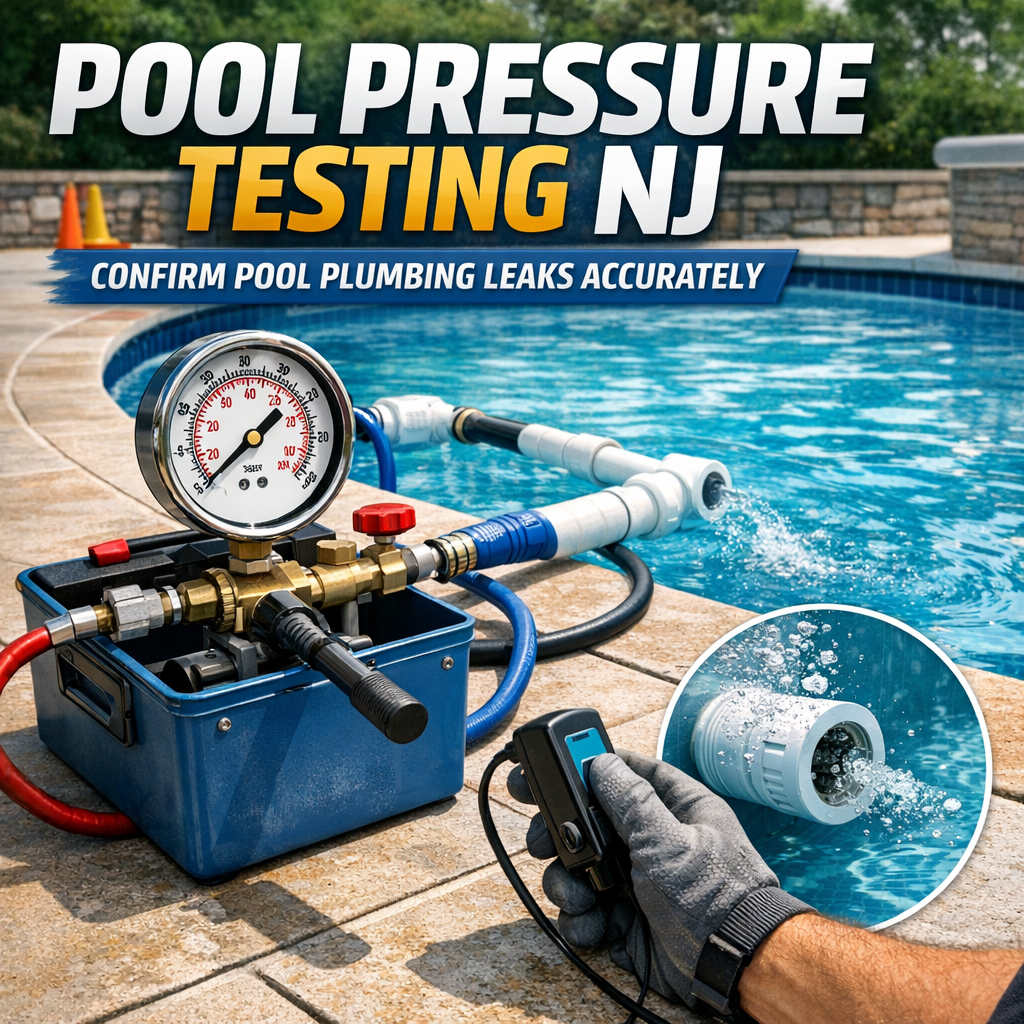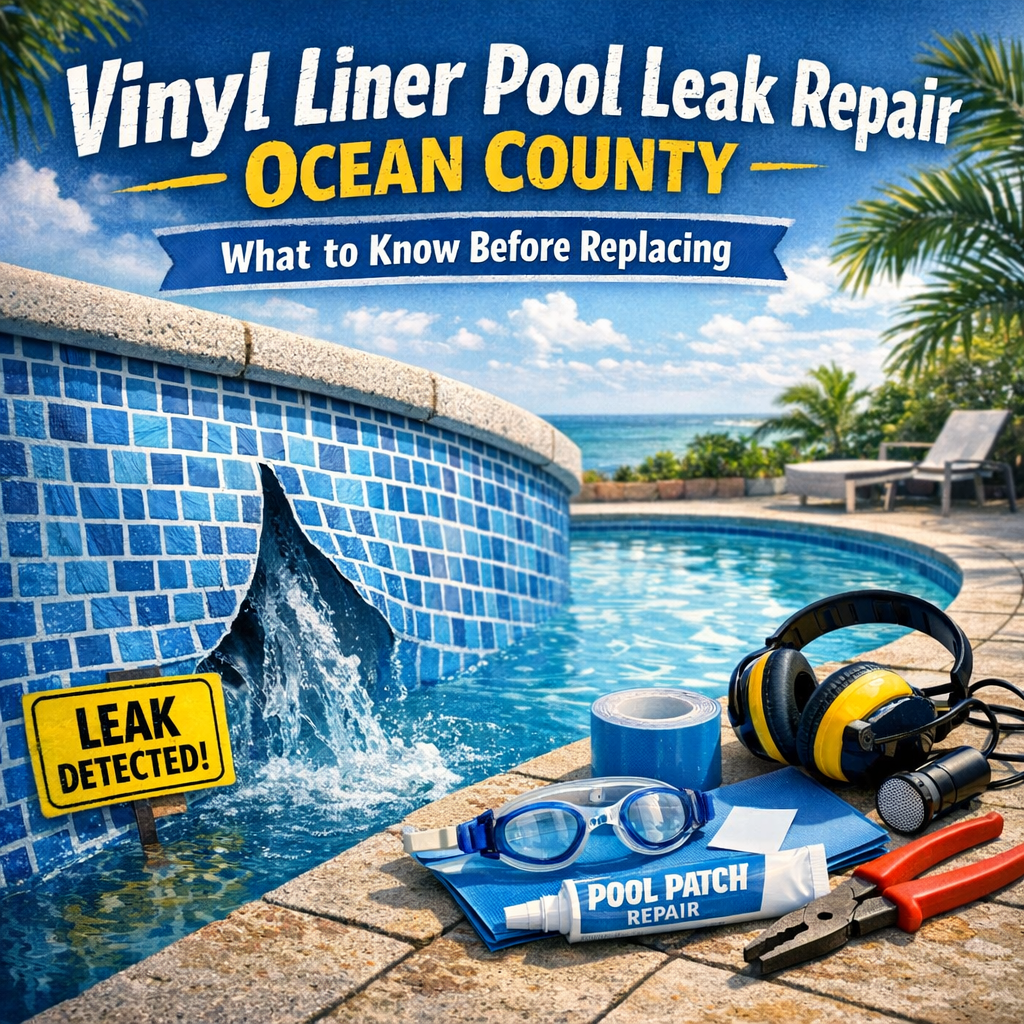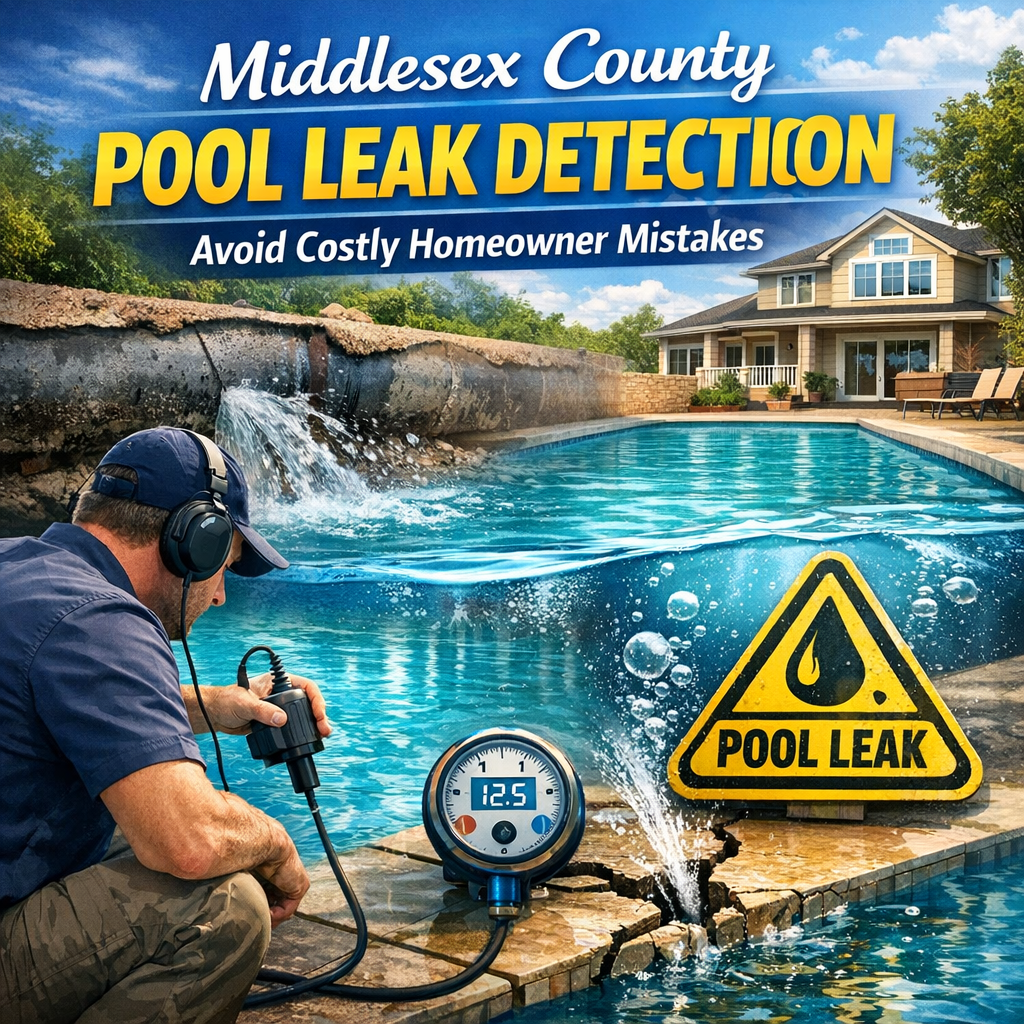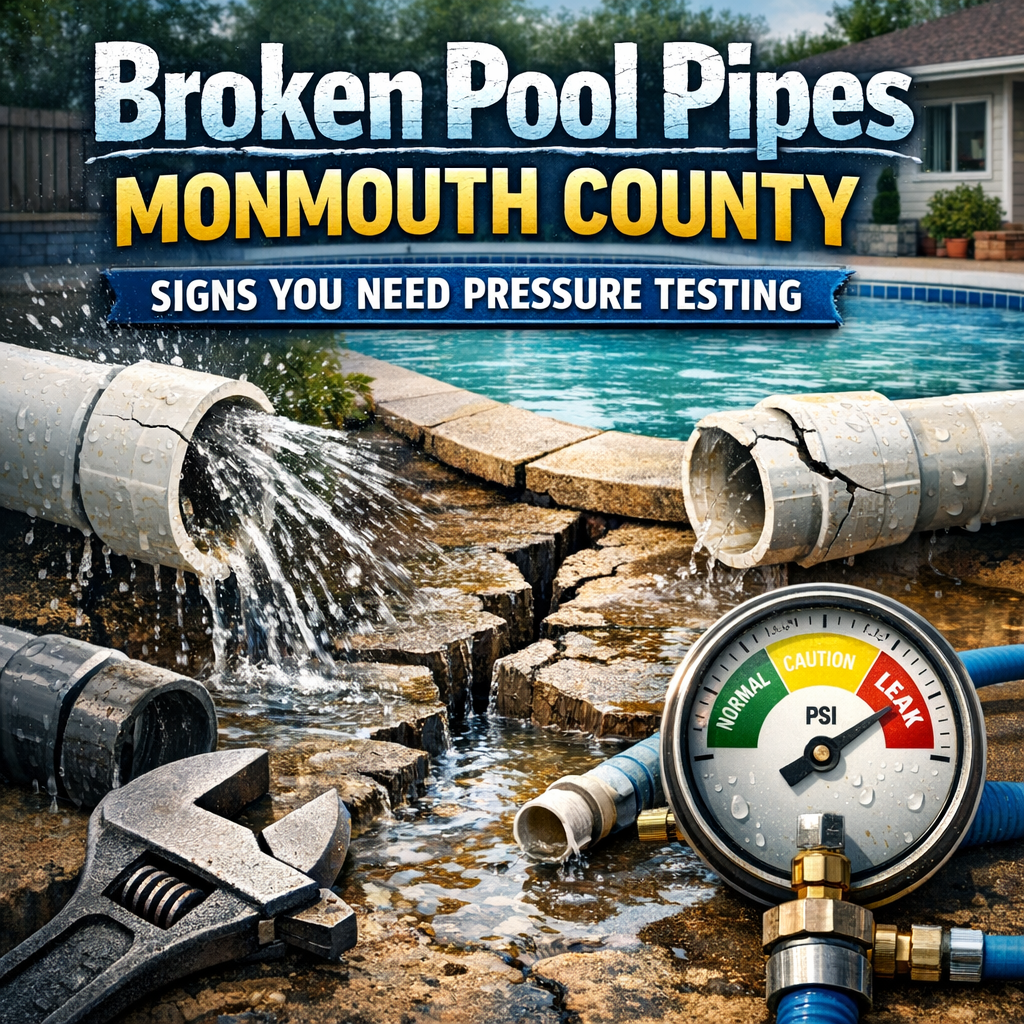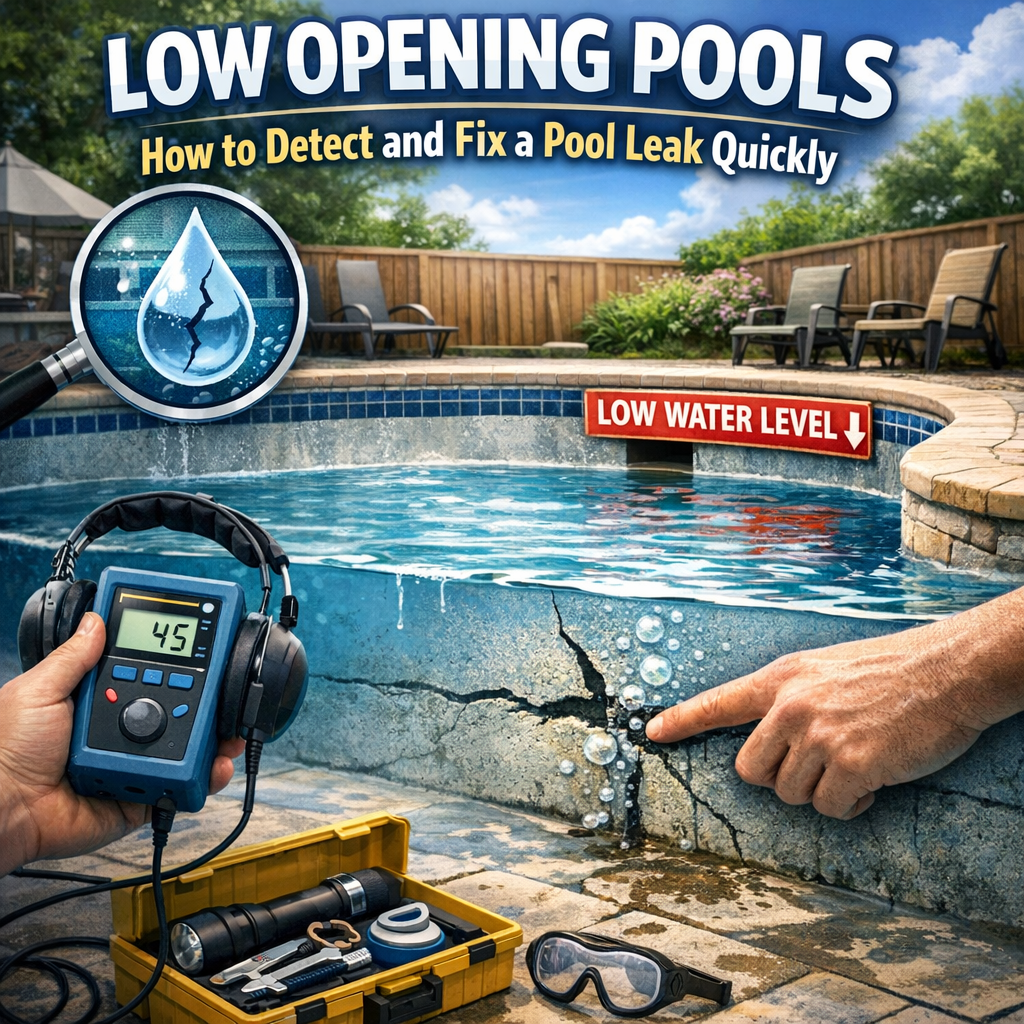Long Branch pools are popular recreational features that provide enjoyment and relaxation during warm weather months. However, over time, many of these pools develop deep cracks in their surfaces, which can lead to significant leaks and maintenance concerns. Understanding how these cracks form, what factors contribute to their development, and how to prevent or repair them is essential for pool owners and operators to ensure longevity and safety. This article explores the process behind the formation of deep cracks, the underlying causes, and effective strategies to maintain a healthy pool environment.
Understanding the Formation of Deep Cracks in Long Branch Pool Surfaces
Deep cracks in Long Branch pool surfaces typically originate from a combination of physical stress and material deterioration. Initially, minor surface imperfections may develop due to natural settling or minor ground shifts beneath the pool. Over time, these small fissures can expand and deepen as the pool experiences repeated cycles of filling and draining, temperature fluctuations, and chemical exposure. The constant movement of water, especially during freeze-thaw cycles in colder months, exerts pressure on the pool surface, causing existing micro-cracks to grow into more significant fractures. The structural composition of the pool surface—whether it’s concrete, fiberglass, or vinyl—also influences crack development, with concrete surfaces being particularly susceptible to deep cracking due to their rigidity and susceptibility to shrinkage and expansion stresses.
Factors Contributing to Crack Development and Pool Leak Risks
Several factors accelerate the development of deep cracks and increase the risk of leaks in Long Branch pools. Environmental conditions, such as extreme temperature variations and ground movement, play a significant role by inducing stress on the pool surface. Poor construction practices, including inadequate reinforcement or improper curing of concrete, can leave the surface more vulnerable to cracking. Additionally, chemical imbalances in the pool water—particularly high pH, alkalinity, or chlorine levels—can weaken the surface material over time, leading to deterioration. Regular heavy use, improper water level management, and lack of routine maintenance can also exacerbate existing cracks or initiate new ones. Once cracks penetrate deep into the surface, they compromise the pool’s structural integrity, allowing water to escape and resulting in leaks that can cause further damage if not addressed promptly.
Preventive Measures and Repairs for Long Branch Pool Cracks
Preventing deep cracks and leaks in Long Branch pools involves proactive maintenance and timely repairs. Regularly inspecting the pool surface for early signs of cracking allows for early intervention before issues worsen. Maintaining proper chemical balance and water levels can help reduce stress on the pool surface, minimizing crack formation. Applying protective sealants or coatings designed for pool surfaces can provide an extra layer of defense against environmental and chemical damage. For existing cracks, professional repair techniques such as epoxy injections, surface overlays, or patching with compatible materials are effective in restoring the pool’s integrity. In cases of extensive cracking, involving structural repairs or resurfacing may be necessary. Additionally, addressing underlying issues like ground movement or drainage problems can prevent future crack development, ensuring the longevity and safety of the pool environment.
Deep cracks in Long Branch pools are a common but manageable challenge that requires understanding their causes and implementing appropriate preventive and repair measures. By staying vigilant through regular inspections, maintenance, and timely repairs, pool owners can preserve the structural integrity of their pools, prevent leaks, and extend the lifespan of these valuable recreational amenities. Proper care and attention not only safeguard the investment but also ensure a safe and enjoyable swimming experience for all users.


